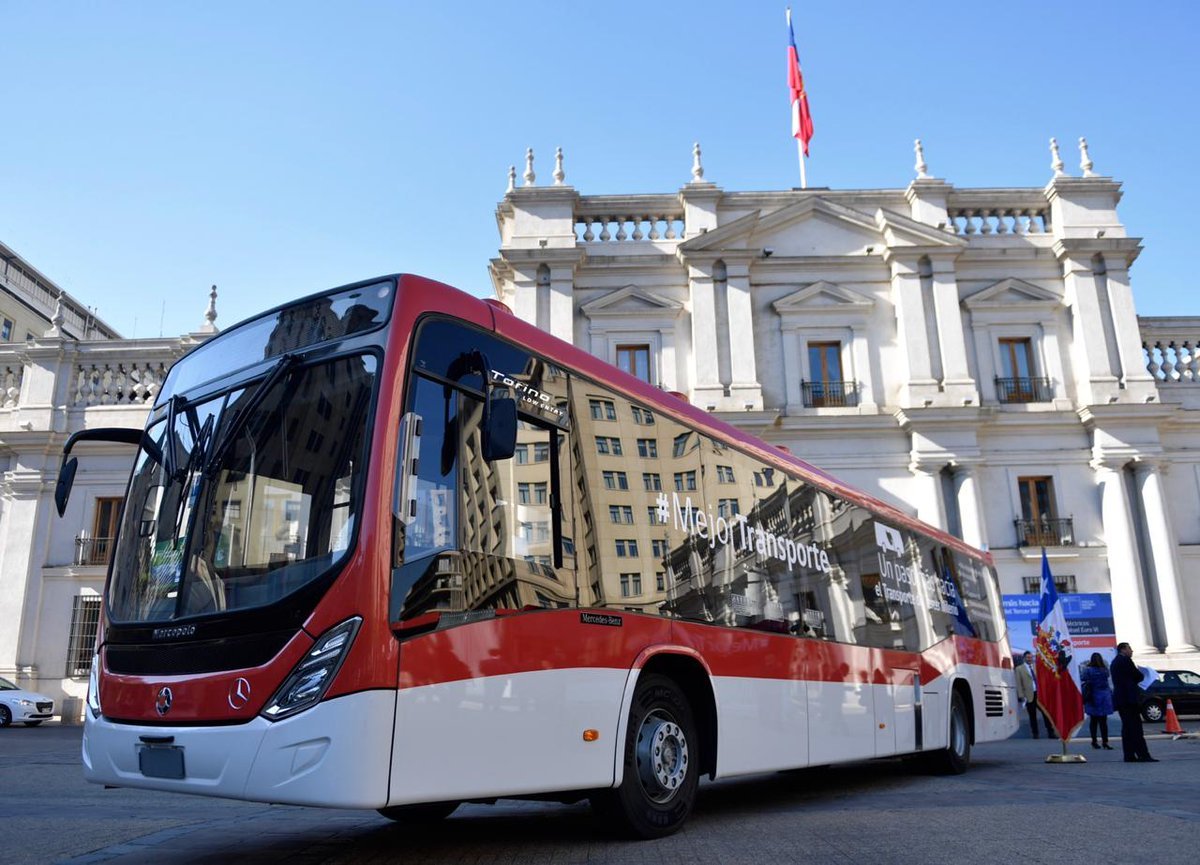The Ministry of Transport and Telecommunication of Chile established the objective to design a new transport public system. For this reason, the electric buses tender which was announced in 2019 – ongoing – consist of two stages: firstly, to ensure the supply of the units; secondly, the railway grant.
Some weeks ago, the Subscretary of Transport, José Luis Domínguez, mentioned this new system to Portal Movilidad, “We believe that the great attention of the bidders shows that the model we are proposing has sparked interest and now it is time for all of us to promote the changes people require to improve life quality thanks to a new transport”.
The question remains, Is a tender with two stages a higher cost for the State?
Would it have been better to prioritize saving subsidies of the system and conclude the process in only one bid?
Celia Iturra, advisor of CitiesForum, states, “Theoretically the formula that divides operations and purchases of vehicles in the public transport system goes on the right path”.
According to the conditions, both tenders are very independent and complicated to manage,encouraging the interested agents previously to agree to the bids, not reaching the objectives: competitive prices to contribute positively to the financing system.
“Unfortunately, I think that it is quite unlikely that such operations will allow efficiency in using subsidies”, claims the specialist.
On the other hand, CitiesForum advisor comments that with this tender and bus fleet it is likely that the goal of having 100% electric public transport in 2040 becomes a bit ambitious, considering that the electric buses prices published in the tender and the encouragement to have extensive contracts make the combination fleet more favourable to diesel buses than to electric buses; thus, reducing them to less than the half in the best case scenario, slowing down the renovations of the public transport system.





















